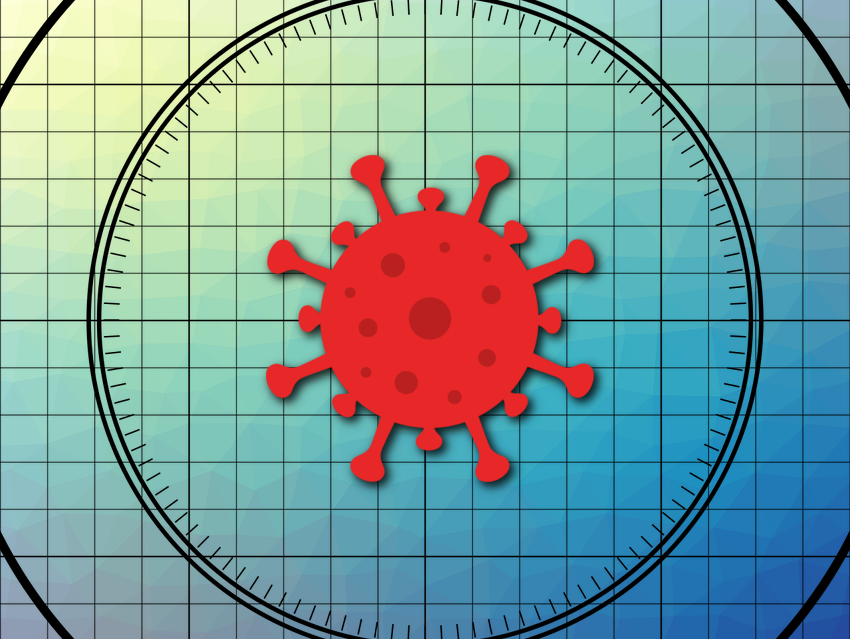The biomedical start-up Soterius and Sharath Sriram and colleagues, Royal Melbourne Institute of Technology (RMIT) University, Australia, are collaborating on a biosensor that can detect tiny amounts of the SARS CoV-2 virus and its variants on people’s breath. The prototype Soterius Scout sensor is now being further developed by Soterius in collaboration with RMIT, MIP Diagnostics, Bedford, UK, the Burnet Institute, Melbourne, D+I, Sydney, Australia, and Vestech, Vienna, Austria, and is expected to reach the market in early 2022. According to the companies, the technology will be manufactured in Australia and initially supplied to hospitals, with future applications in other high-traffic areas such as elderly care, quarantine hotels, airports, and schools.
The biosensor is said to be small enough to fit on an ID card. It detects up to eight virus strains with great accuracy, with no false positives, and can transmit the result to a smartphone or reader in less than a minute, according to the companies. The technology is said to be able to detect COVID-19 even when someone is asymptomatic. The companies say the technology can be easily adapted to detect new variants or novel viruses as they emerge. The sensor will be further developed to detect other respiratory diseases such as influenza and MERS.
The sensor uses nanotechnology-enabled biosensors that bind to target viruses. Virus particles that land on the sensor bind chemically, so they are safely contained within the device. The biosensor technology is converted in a patent application field by RMIT, while the integrated system is the subject of a patent application filed by Soterius.
- Soterius Pty Ltd, Melbourne, Australia
- Royal Melbourne Institute of Technology (RMIT) University, Australia
- RMIT University, WO2021119755 – SENSOR FOR DETECTING A BIOANALYTE AND A METHOD FOR THE DETECTION THEREOF, 24.06.2021.
- Soterius Pty Ltd, AU2021900445 – Sensors, systems and methods for detecting respiratory pathogens, 4.3.2021.
Also of Interest
- ChemistryViews Collection:
SARS-CoV-2 Virus – What We Know About Vaccines and Immunity




